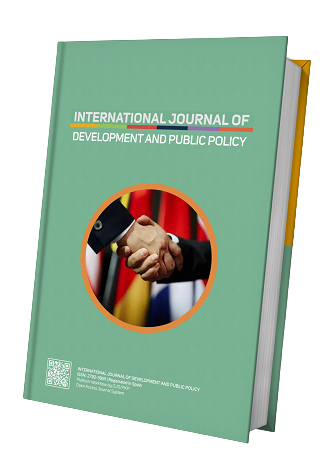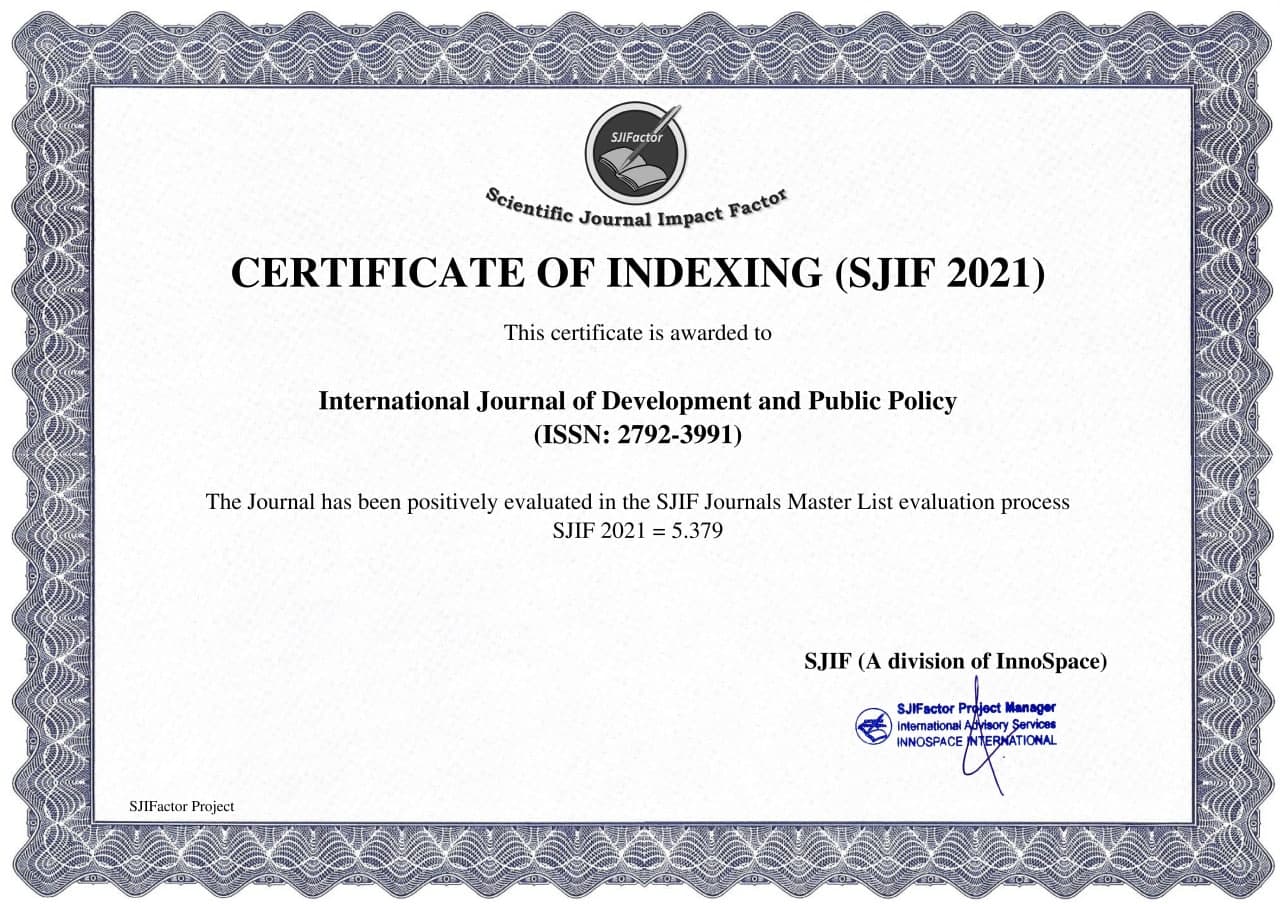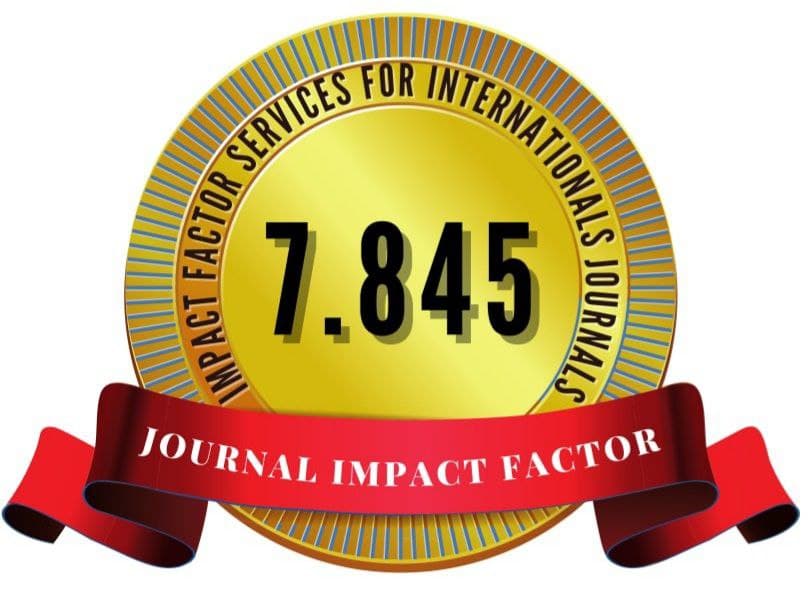United Nations Security Council and the Maintenance of International Peace and Security: A study of Syrian Civil War, 2011-2022
Keywords:
Human Rights, Civil War, Humanitarian Crises, Genocides, Ethnic-Cleansings, Peace, SecurityAbstract
This study investigated ‘the United Nations Security Council's primary mandate of maintenance of global peace and security and it's role on Human Rights Protection in the Syrian Crisis (2011-2017)’. It was opined that the outbreak of such massive human rights abuses in Syria has led to a change in the way the UN conventionally deals with flagrant human rights violations as well as with humanitarian crises. For the first time, the Council began to use the "threat to international peace and security" clause from Chapter VII of the UN Charter to justify the multi-lateral use of force in internal armed conflicts for humanitarian reasons. The study adopted the theory of Neo-classical Realism. The study was primarily based on secondary sources of data collection and analysis. It was discovered that the idea of R2P was informed by the compelling need to prevent a repeat of the Rwandan genocide of 1994,and how the UN and the International Community looked the other way while over 800,000 people, including women and children were massacred within 100 days. However, due to the mutual distrust among the Permanent Members and taking into consideration of the Libyan experiences, that was counter-productive, the UNSC could not take a decisive steps through the deployment of military arsenals in curbing the menace of genocide and ethnic cleansings in Syria and build a coalition for the resettlement of refugees, starting with an increase in its own intake. Admitting 65,000 of the most vulnerable Syrian refugees would allow the United States to lead by example and would establish a foundation on which to re-build global commitments to burden-sharing.






